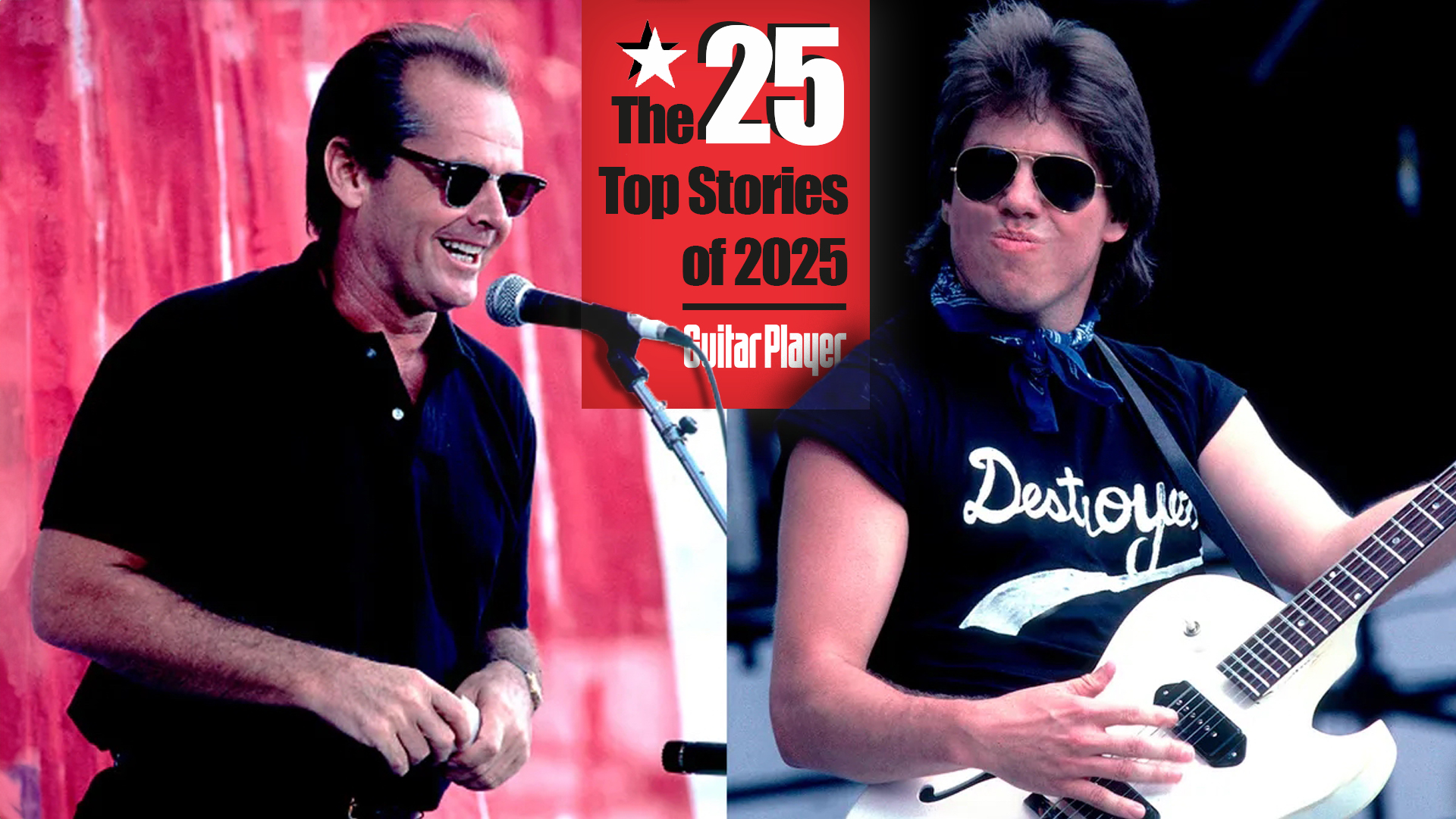“An all-in-one production powerhouse.” PreSonus launches Studio One Pro 7 – the latest generation of its DAW featuring AI tools, improved workflow and more accessible pricing
New features include AI-powered stem separation, Global Transpose and tempo detection features, as well as integration with the Splice sound library
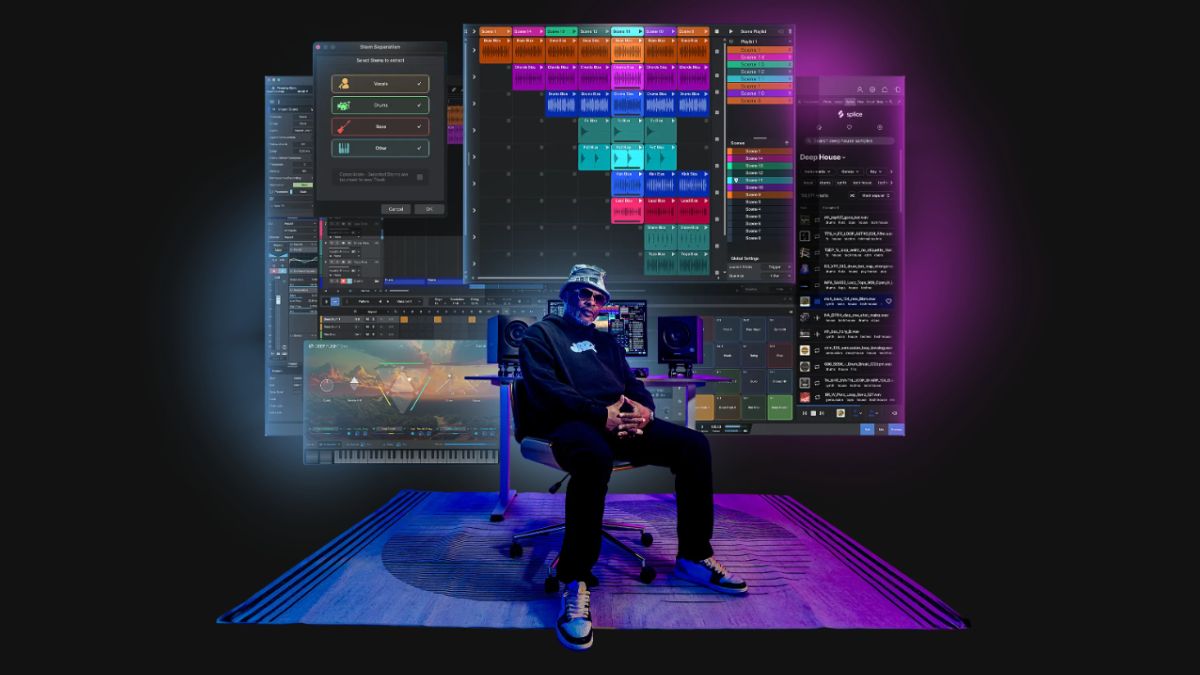
PreSonus has launched Studio One Pro 7, bringing more than 30 new features to its next-generation DAW.
AI-powered stem separation, a global transpose feature, and a new VSTi called Deep Flight One are chief among the additions, alongside a first-of-its-kind Splice integration.
First launched in 2009, Studio One has established itself as a leading DAW for producers and bedroom musicians alike. Beyond new features, PreSonus says it’s improved the DAW’s workflow and introduced lower entry pricing.
One of Pro 7's most exciting new features is stem separation, which allows users to “unmix” their favorite songs and isolate each instrument into separate tracks. It’s ideal for guitarists who want to create cover versions of songs, but it can also be used to isolate tracks for further manipulation and inspiration in an artist's own mixes.
Studio One’s new integration with Splice unlocks its sound library of royalty-free content for use in tracks and projects. A “search with sound” option automatically syncs samples to a project’s rhythm, key and tempo, standing as one of the many workflow tweaks seen across the update.
An integrated launcher makes it possible to craft arrangements using a “dynamic grid of audio or MIDI loops” without having to leave their window, and Deep Flight One, lauded for its soundscapes, drones, pads, and percussion sounds is now available as a standalone instrument.
Elsewhere, the global transpose feature can transpose the key of a project and its respective tracks and its tempo detection software can extract a recording’s bpm, both at the click of a button.
All the latest guitar news, interviews, lessons, reviews, deals and more, direct to your inbox!
Impact Integration for Note Editor makes it possible to create patterns and adjust parameters and drum samples without opening a new window to showcase another quality-of-life improvement, and all of Studio One’s scale-related features can now be found in the same place.
For owners of vintage and modern analog synthesizers, these can now be controlled within the DAW for a more seamless workflow.
PreSonus has also altered its pricing to offer accessibility to budget-conscious producers. A monthly license to the software now starts at $19.99.
PreSonus has called Studio One Pro 7 “your all-in-one production powerhouse with everything you need to record, produce, mix, master, and perform.”
The major update will help it remain competitive against the likes of Logic, the free-to-use Reaper, and newcomer Two Notes Genome, which has been well-received since it launched earlier this year.
Head to PreSonus to learn more.
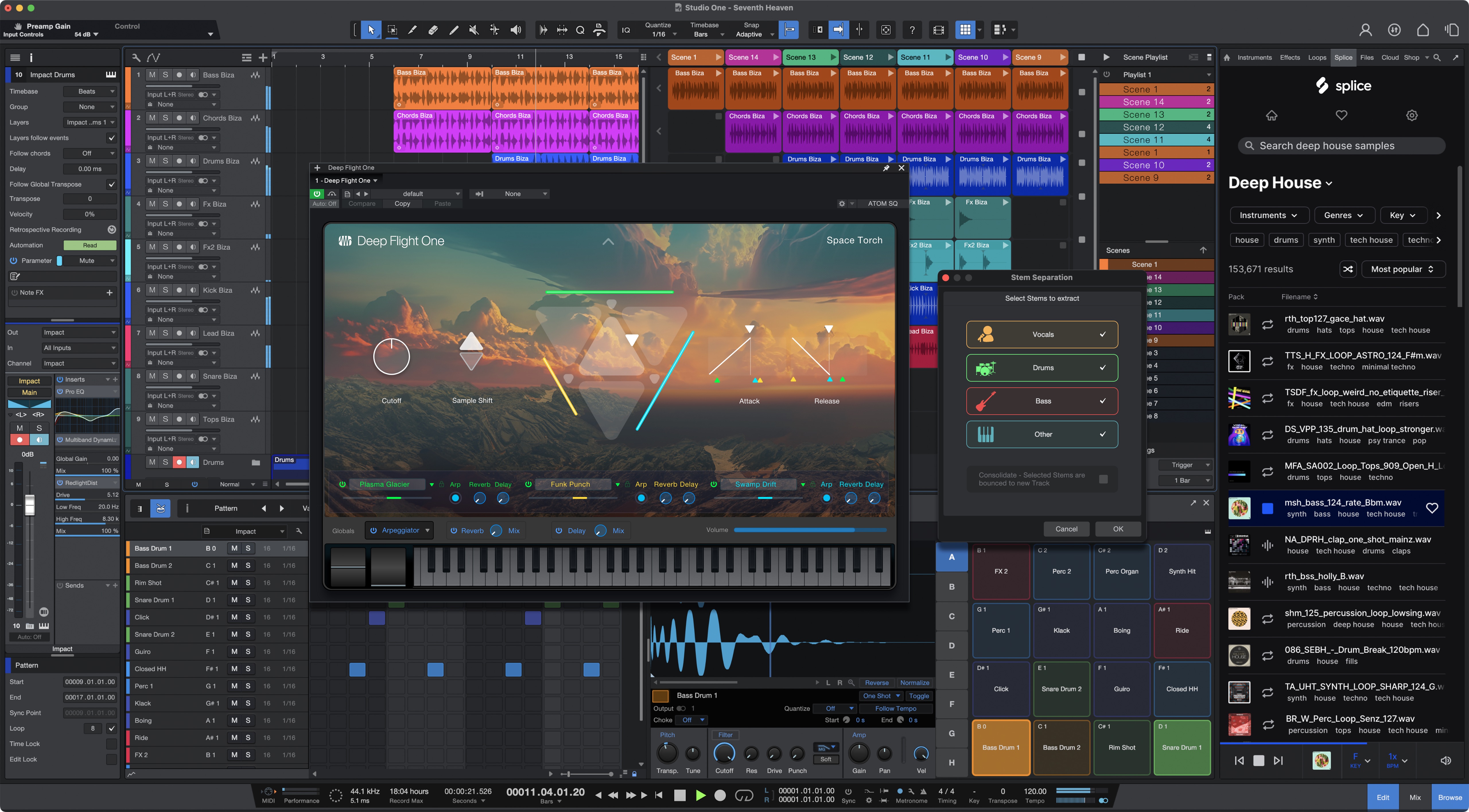
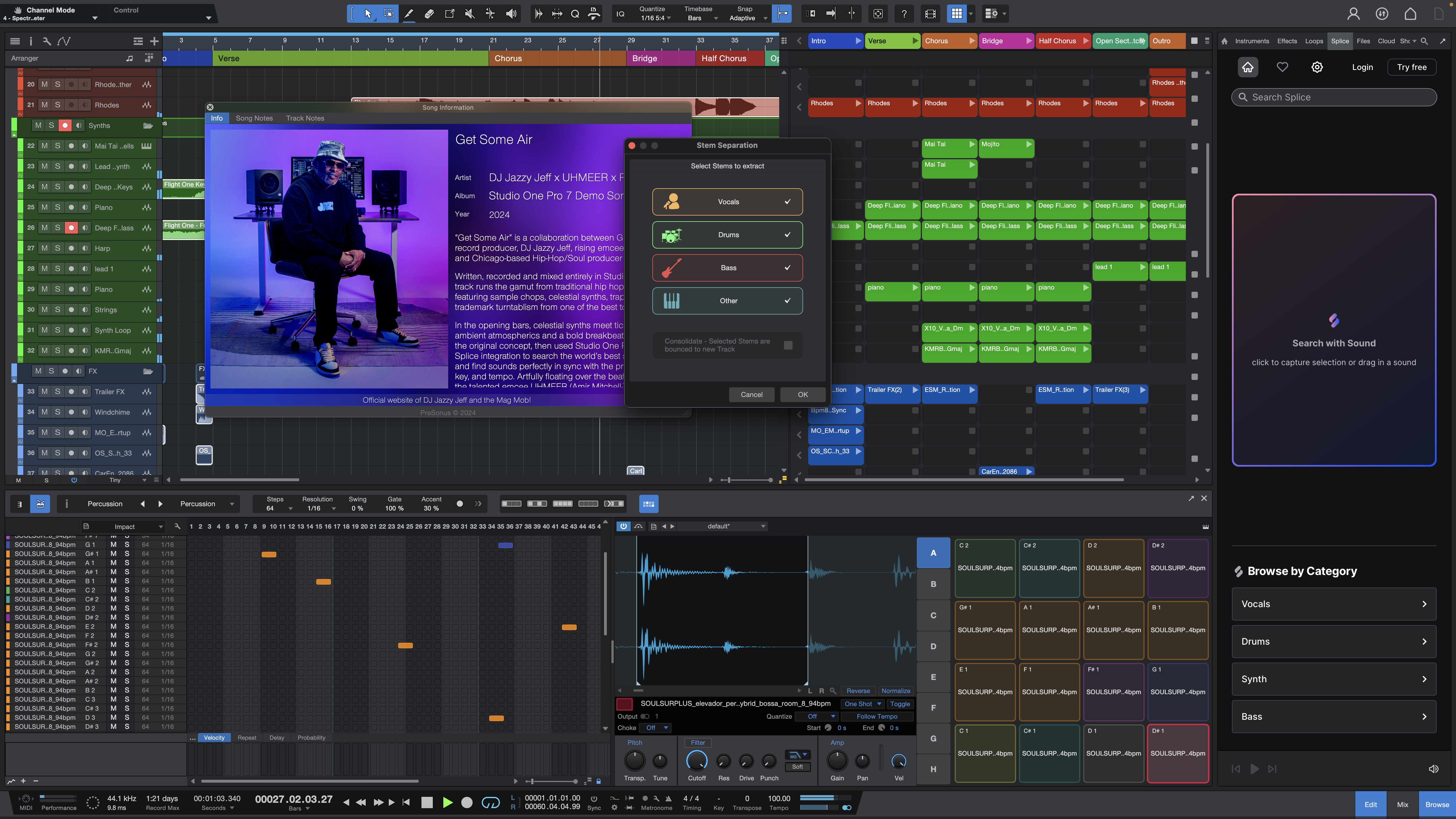
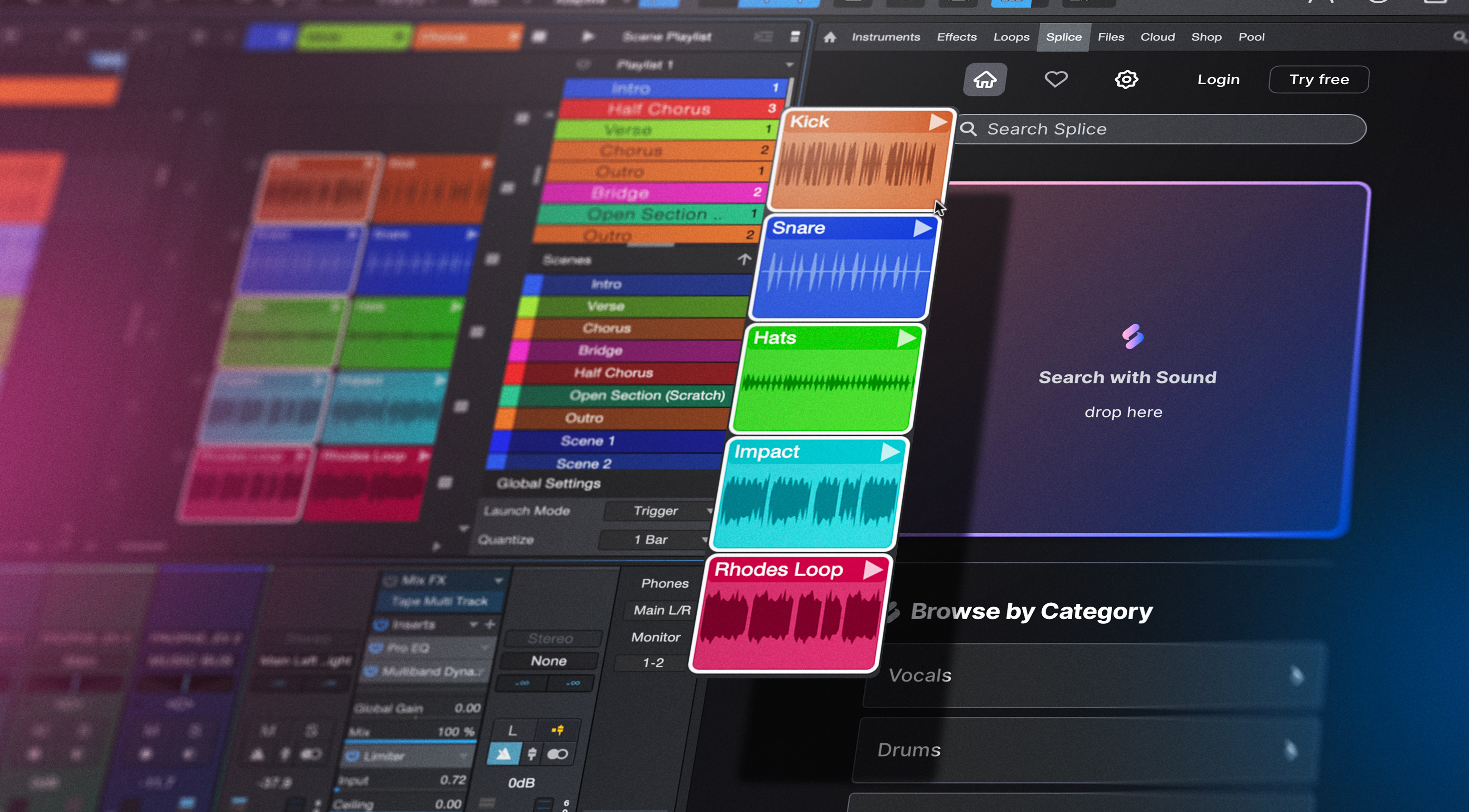
Splice integration unlocks a sound library of royalty-free content.
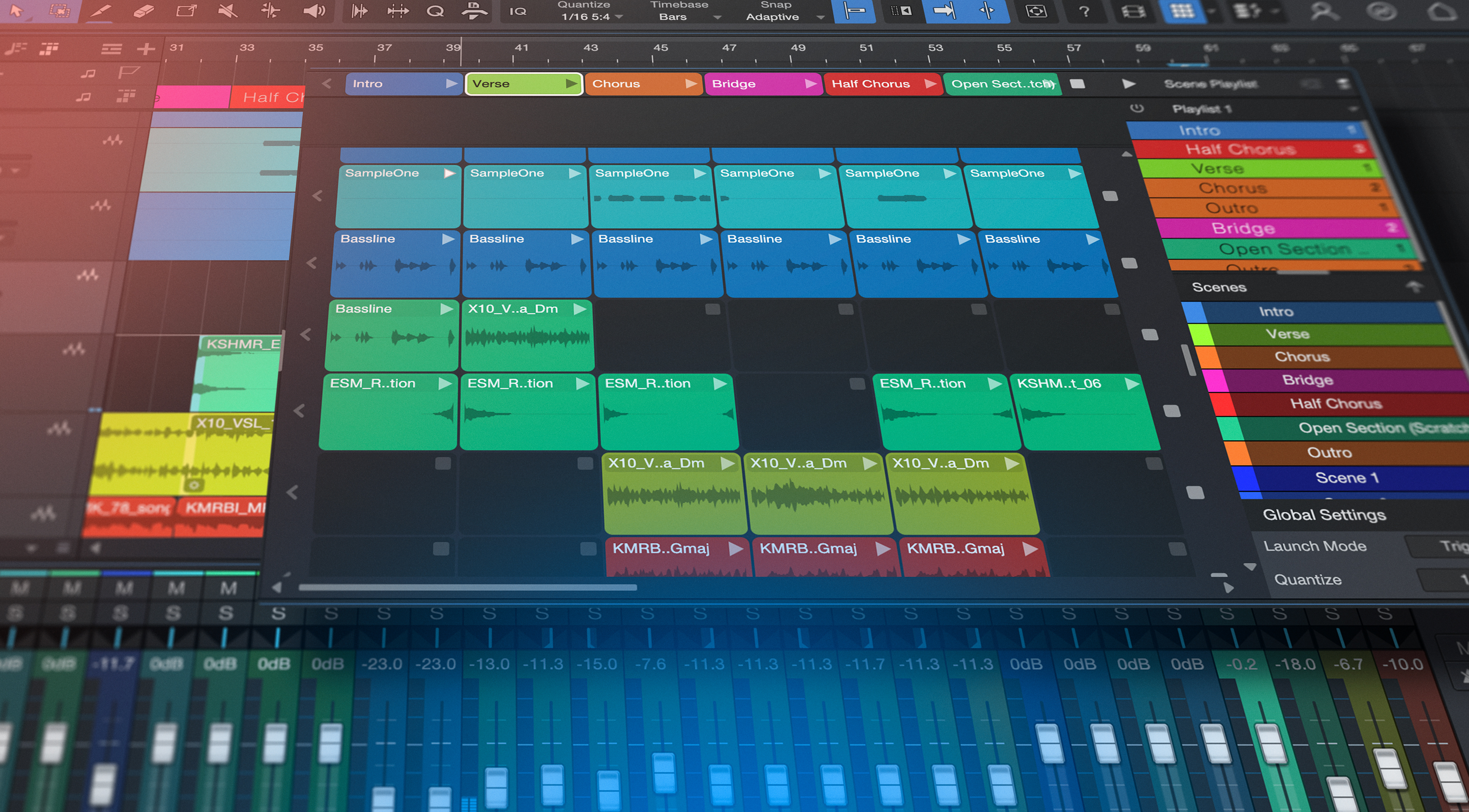
Pro 7's clip launcher window.
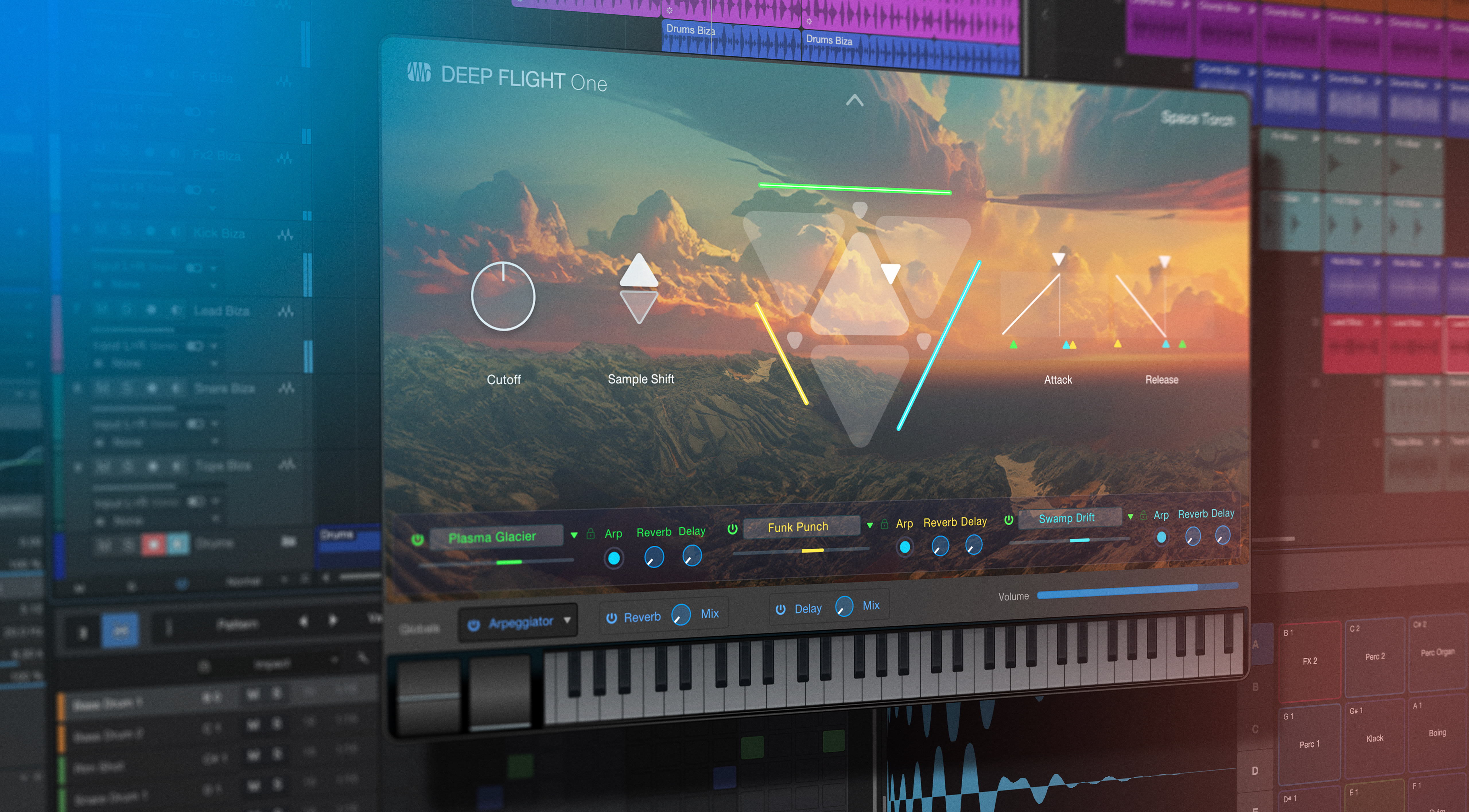
Lauded for its soundscapes, drones, pads and percussion sounds, Deep Flight One is included as a standalone instrument.
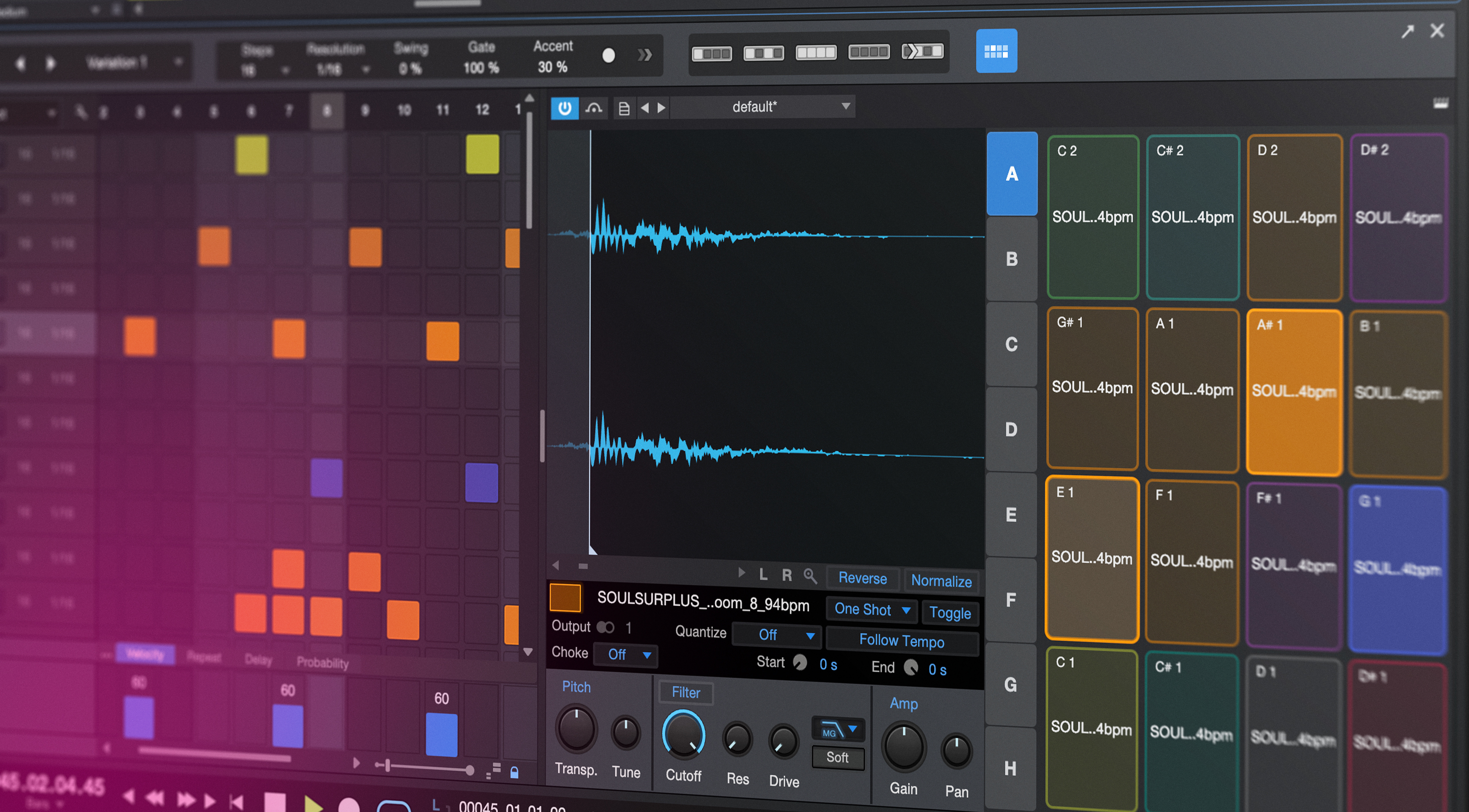
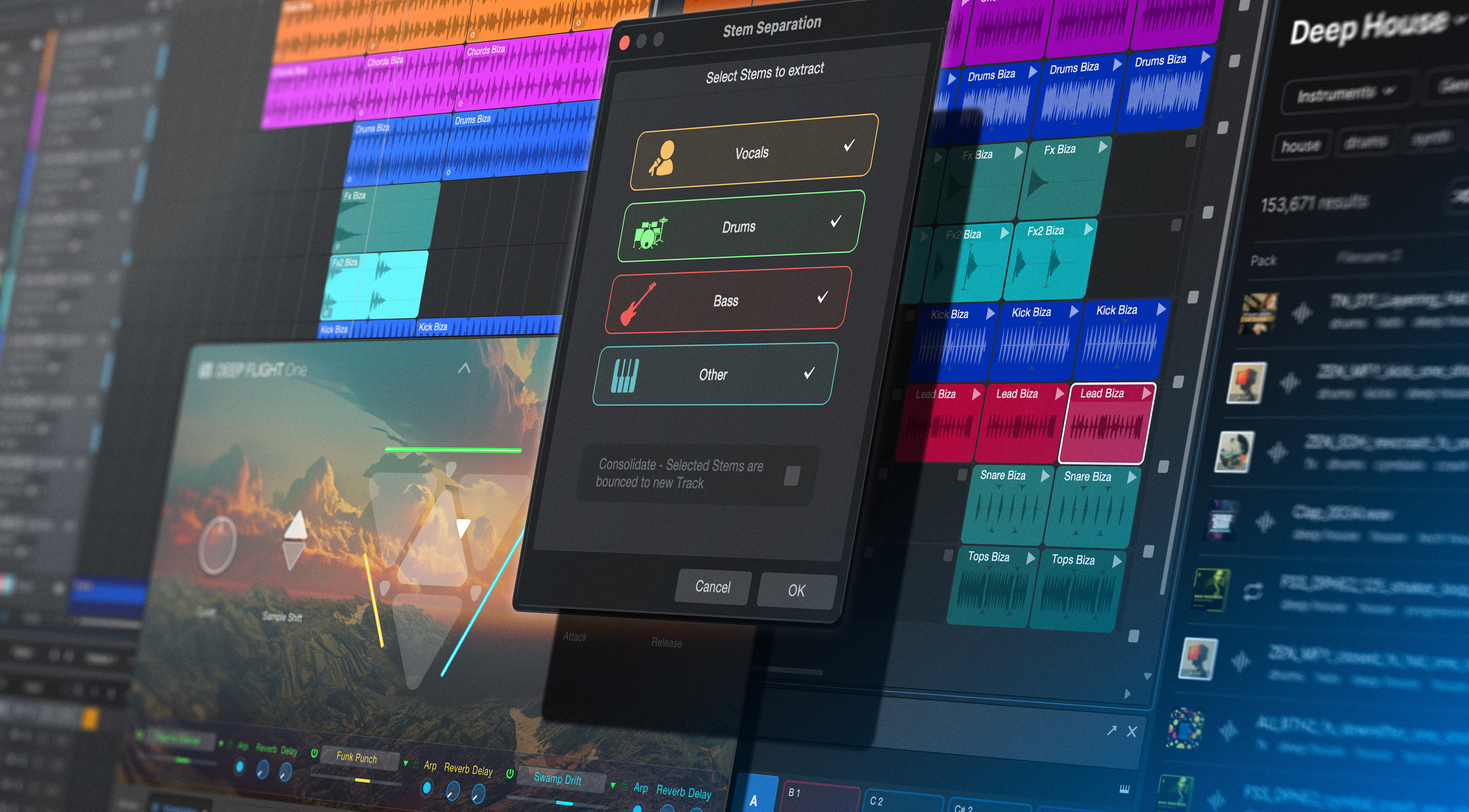
Stem Separation is one of the new features on offer in Pro 7.
A freelance writer with a penchant for music that gets weird, Phil is a regular contributor to Prog, Guitar World, and Total Guitar magazines and is especially keen on shining a light on unknown artists. Outside of the journalism realm, you can find him writing angular riffs in progressive metal band, Prognosis, in which he slings an 8-string Strandberg Boden Original, churning that low string through a variety of tunings. He's also a published author and is currently penning his debut novel which chucks fantasy, mythology and humanity into a great big melting pot.


